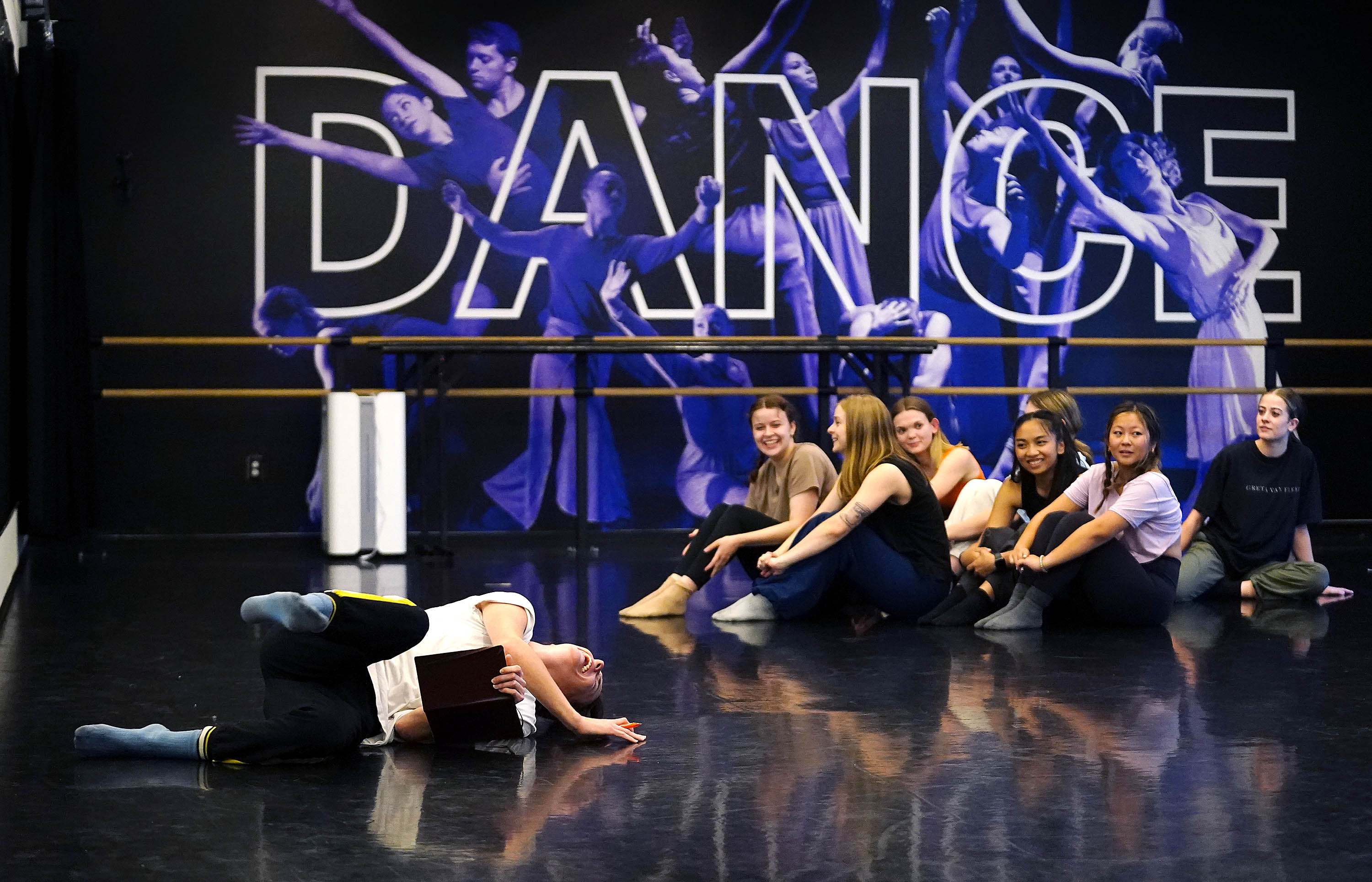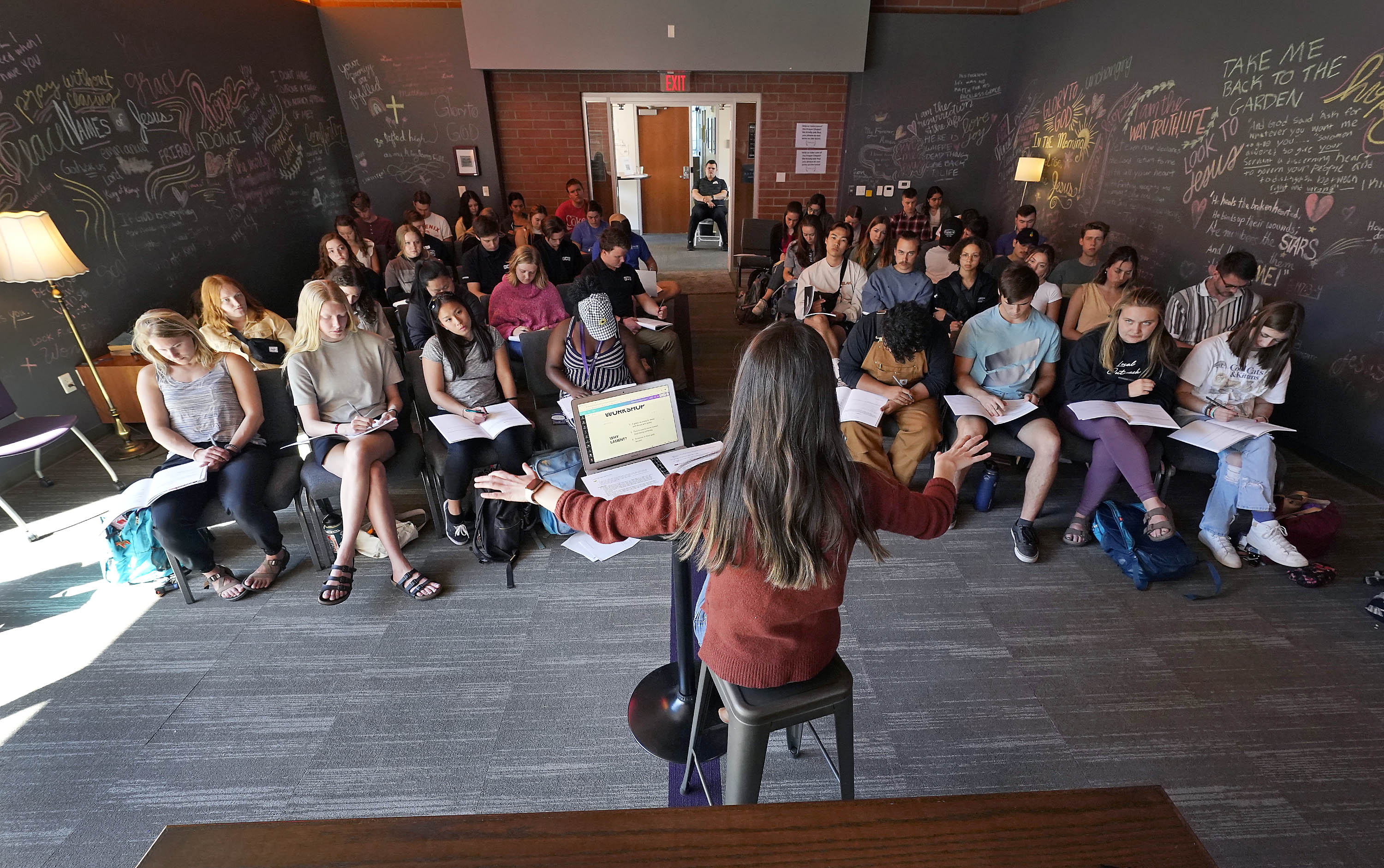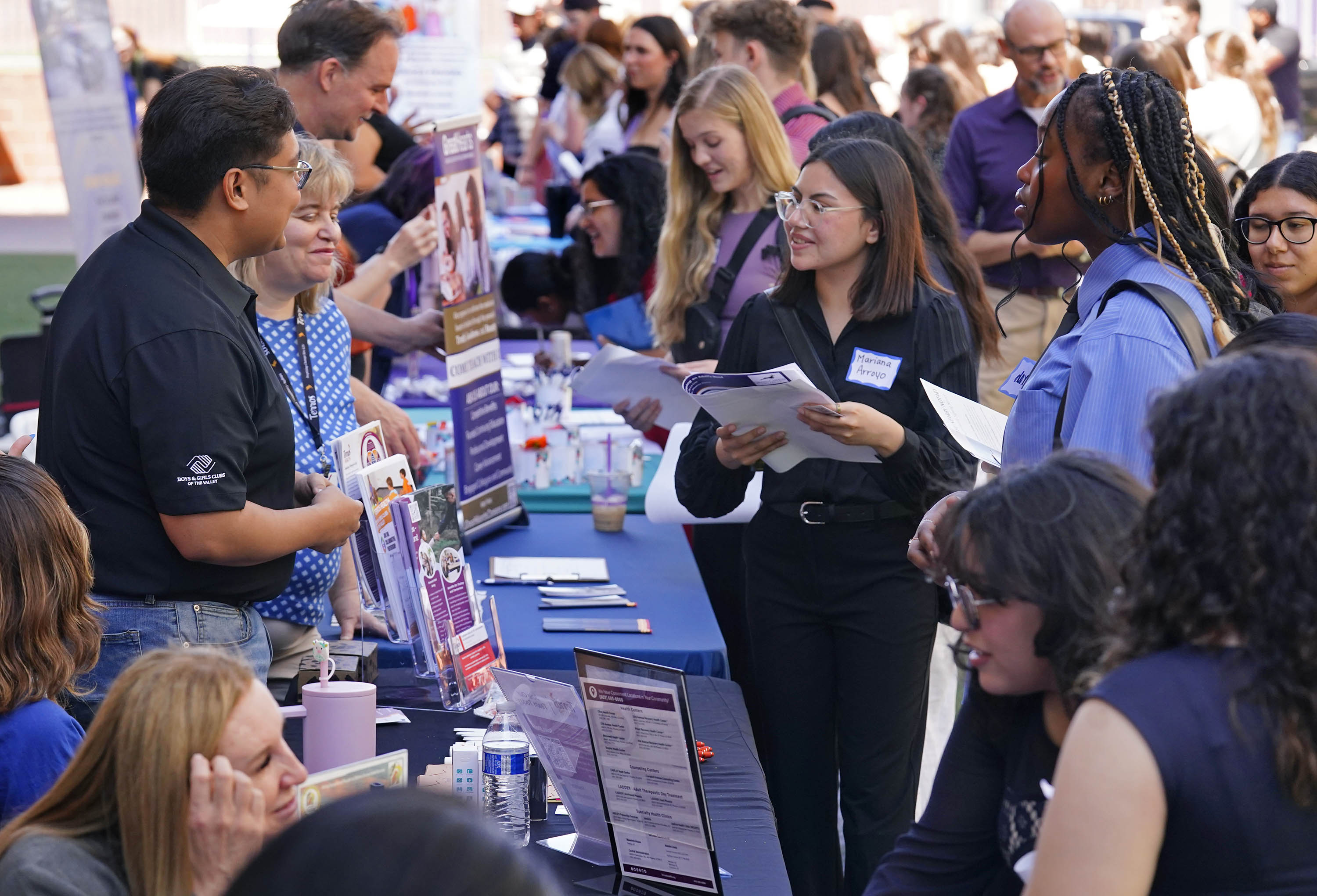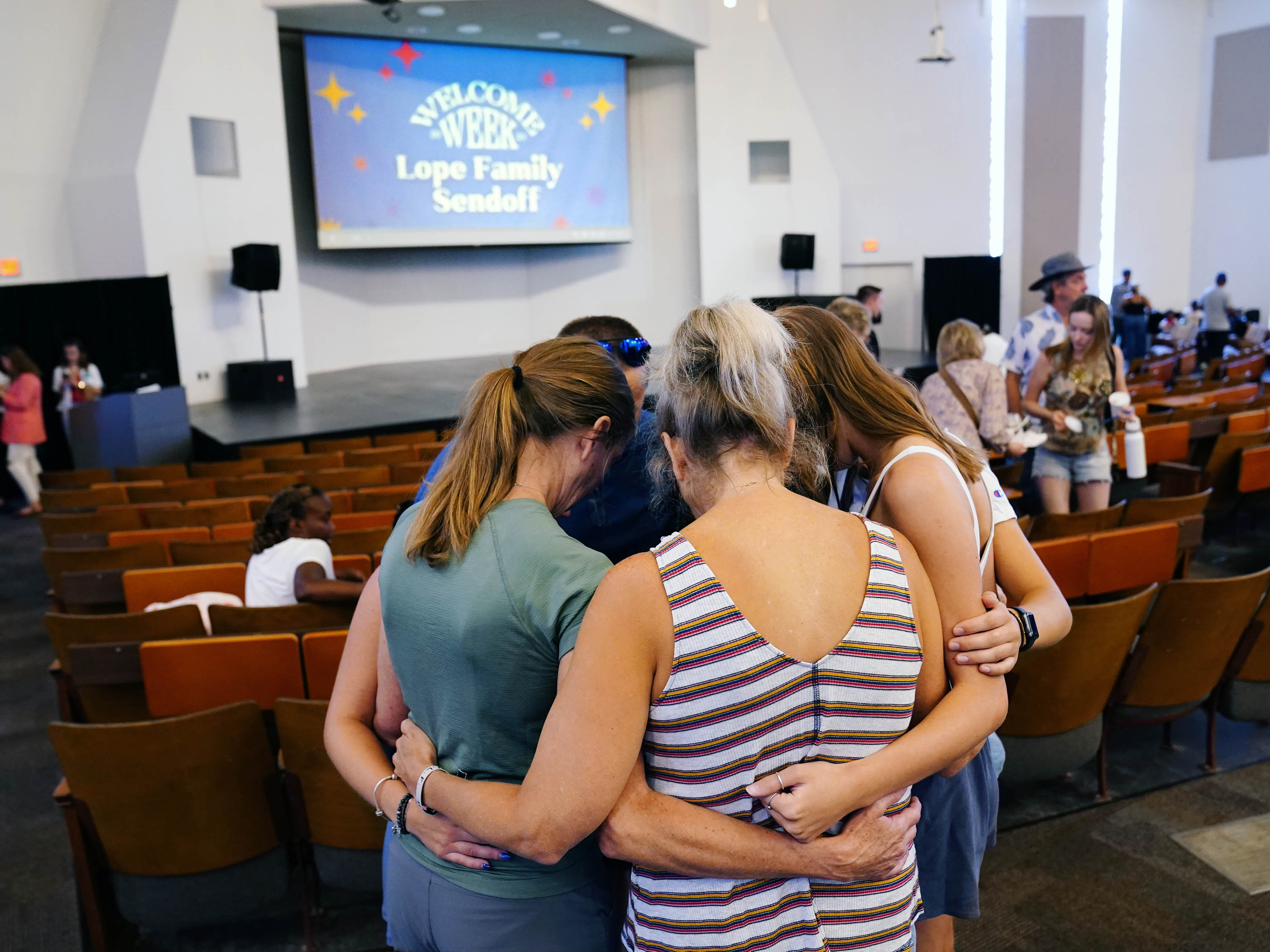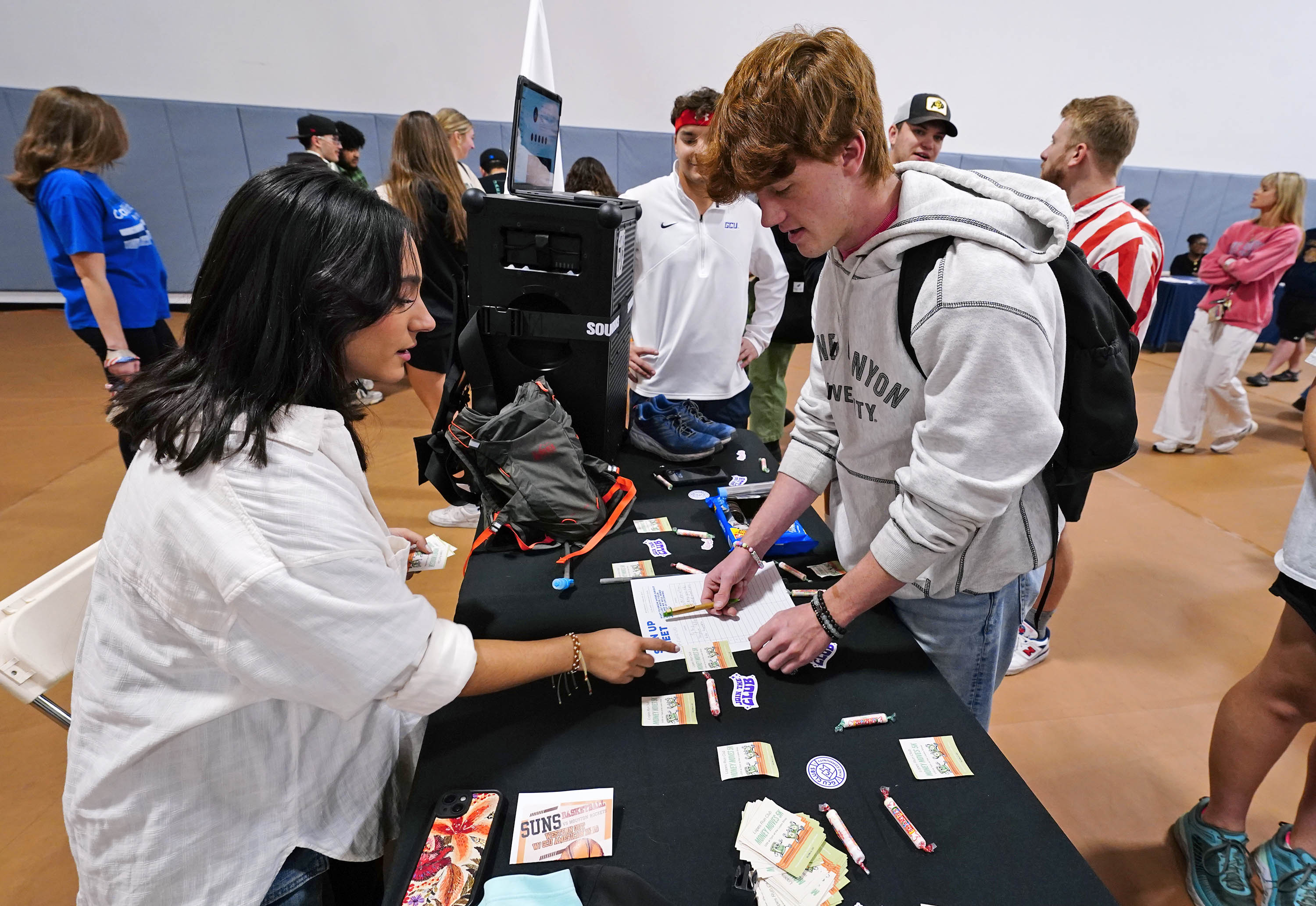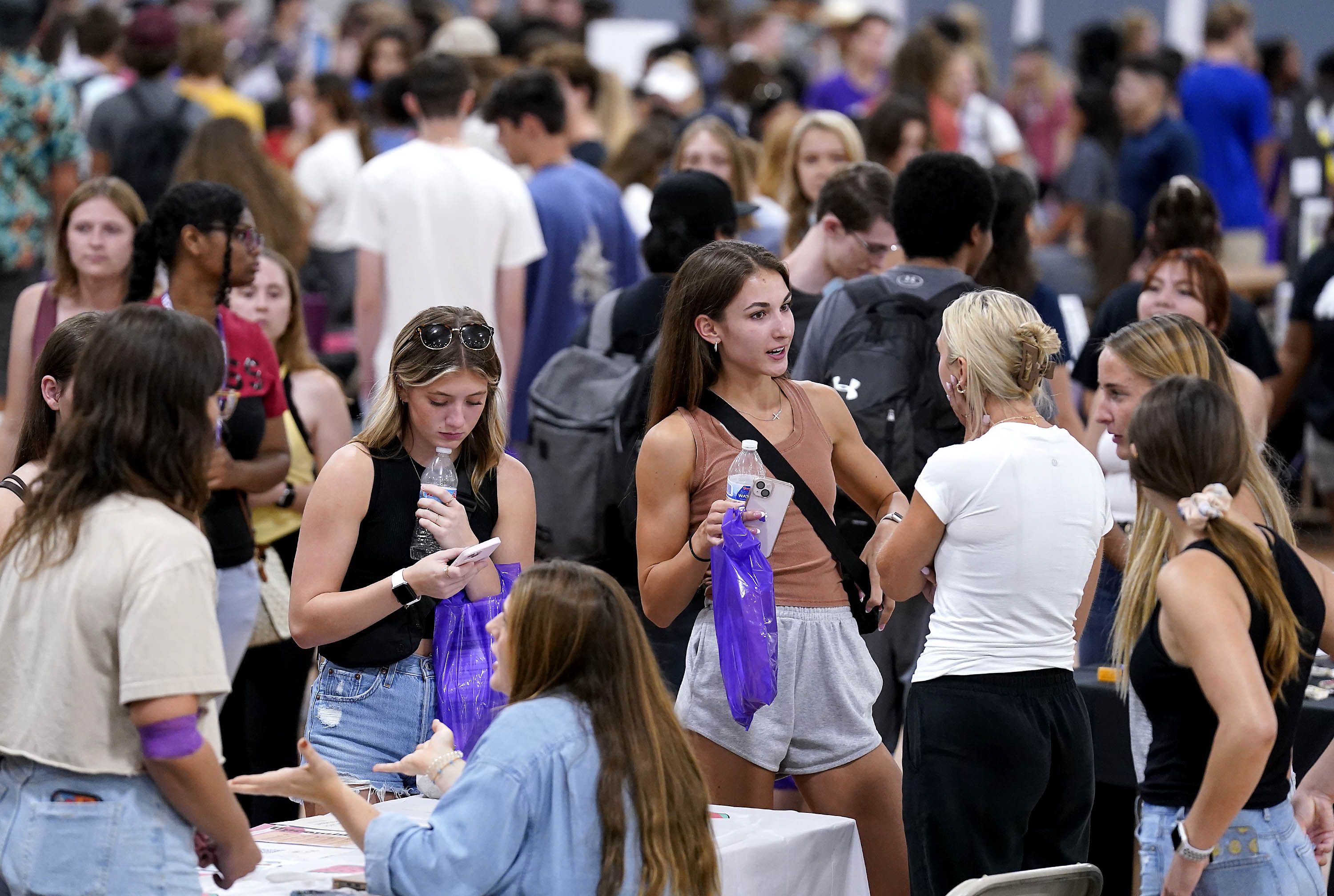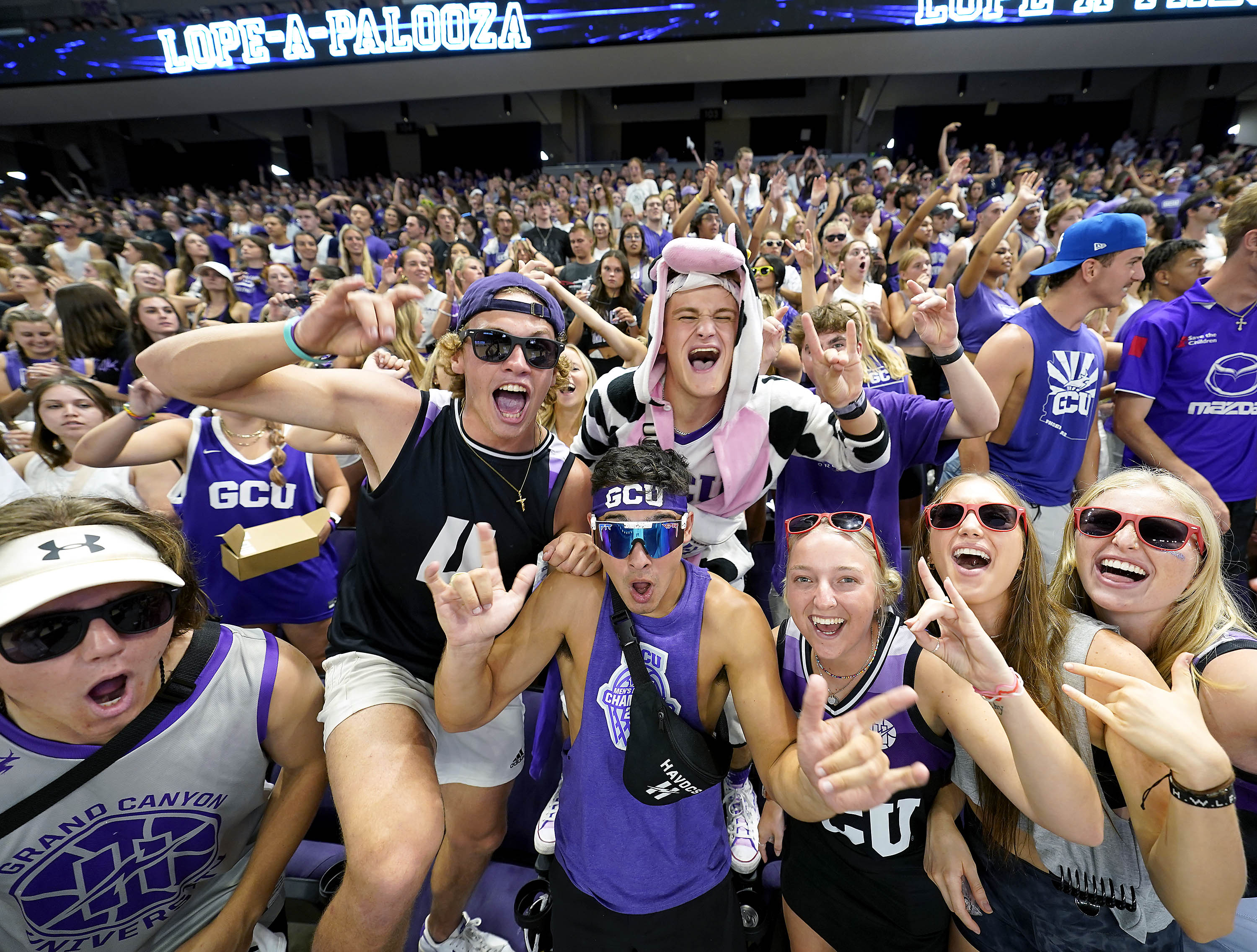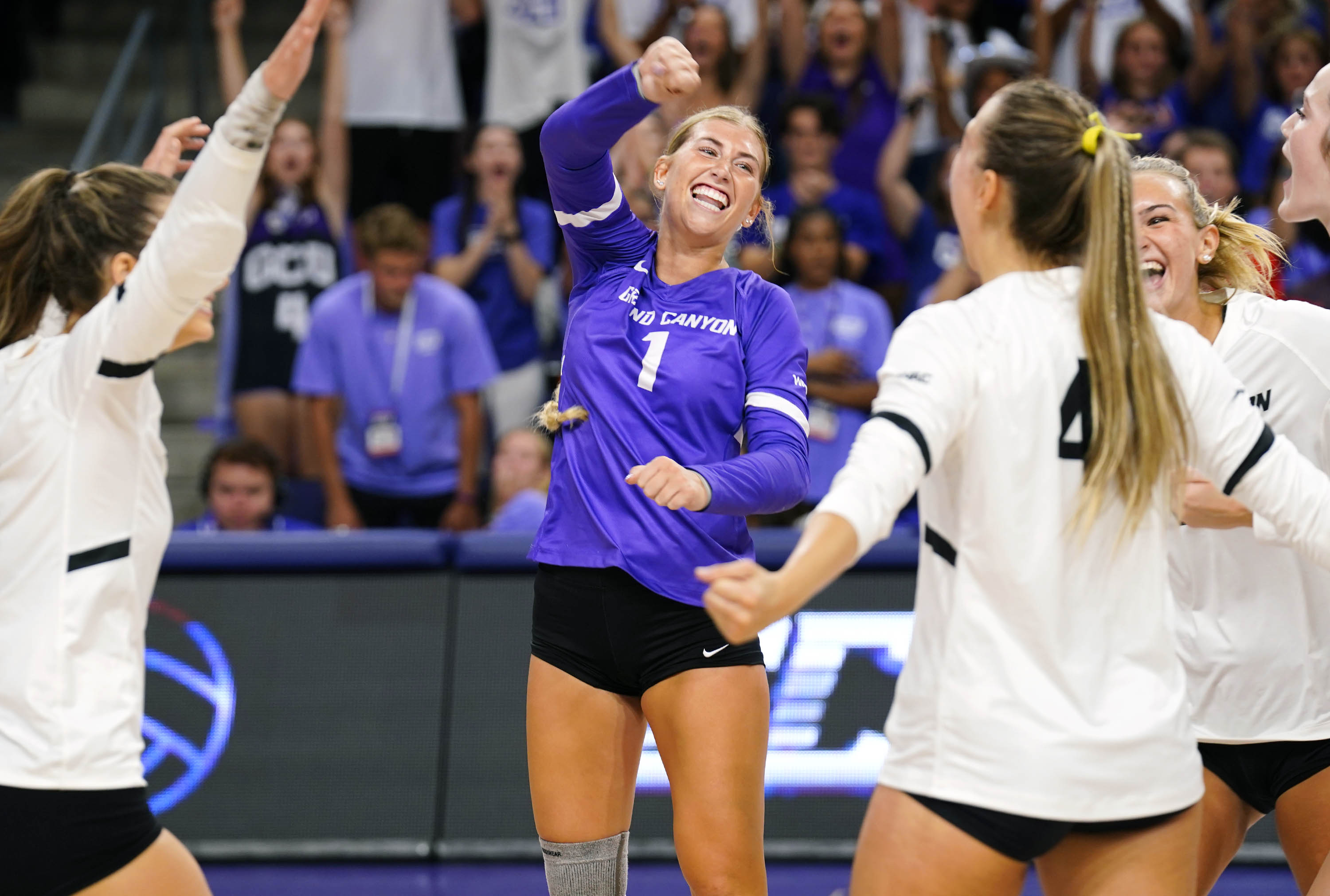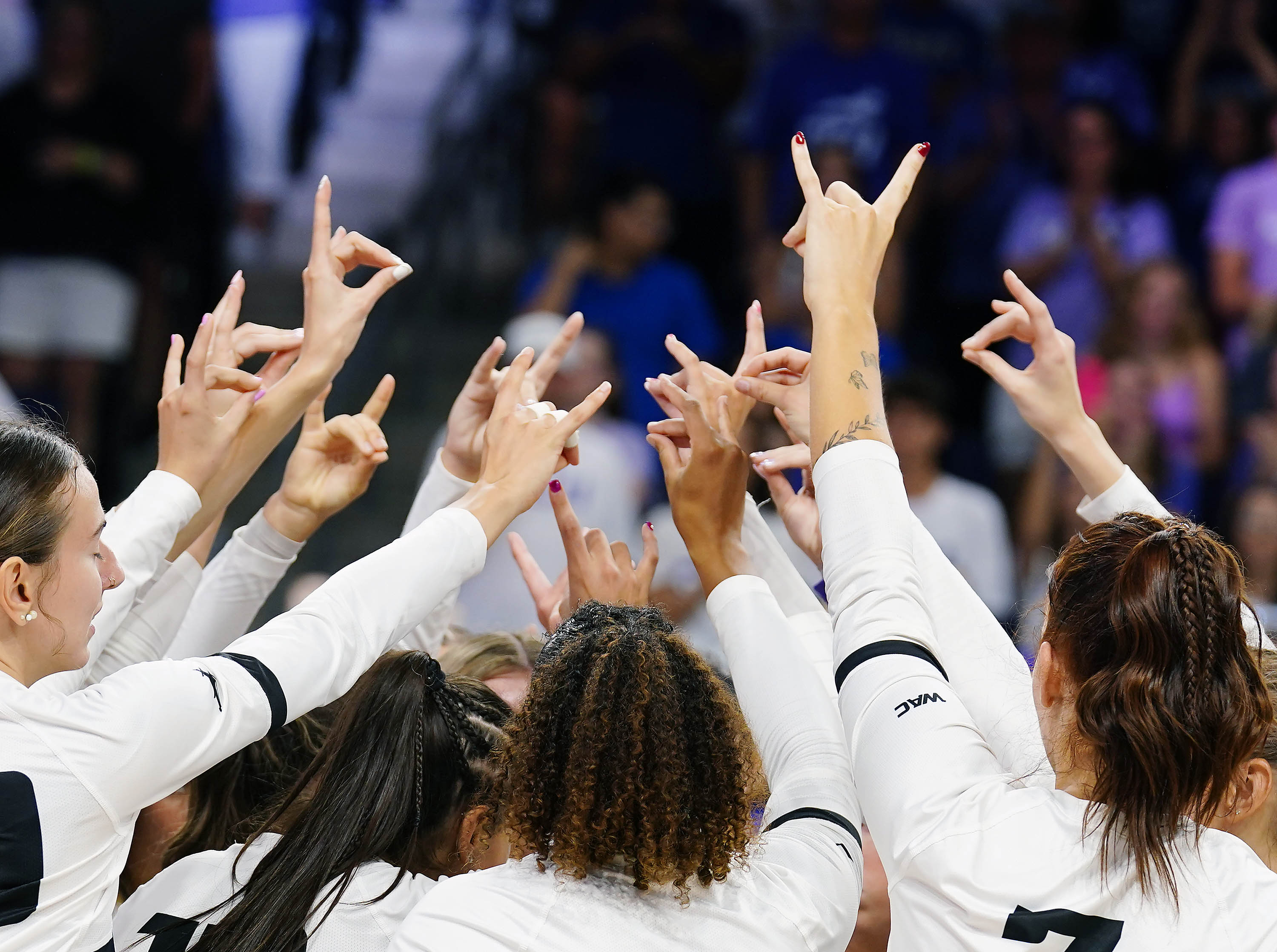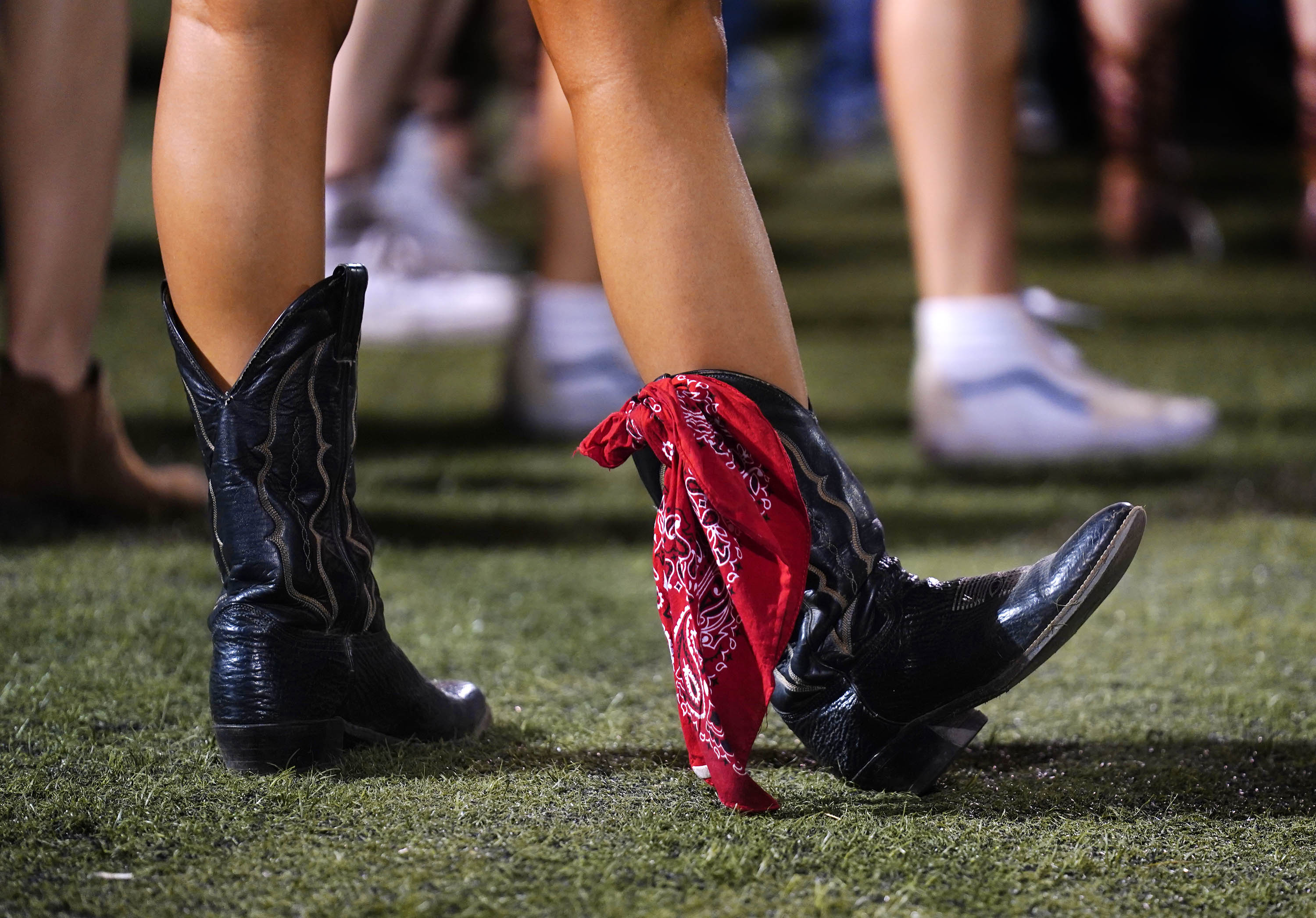
By Lana Sweeten-Shults
GCU News Bureau
Everyone has heard of the Freshman 15 – those 15 pounds college freshmen gain their first year of college. But now there’s the Quarantine 15, the pandemic-prompted 15 pounds everyone, not just college freshmen, just might gain during their time sheltering at home.
“If you do a Google search of the Quarantine 15, there’s tons of stuff out there,” said Dr. Zachary Zeigler, Associate Professor in the College of Science, Engineering and Technology’s Health Science Department at Grand Canyon University and an avid health science researcher.
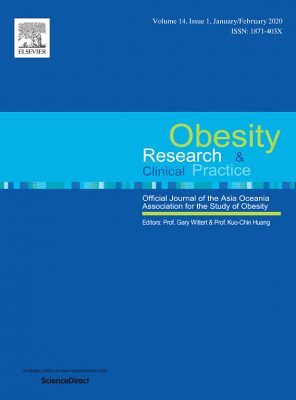
It’s that looking glass into health-during-a-pandemic that Zeigler wanted to explore when he formulated one of his latest research projects. It has since evolved into an academic paper, “Self-Quarantine and Weight Gain-Related Risk Factors During the COVID-19 Pandemic,” which has been published by the Journal of Obesity Research & Clinical Practice.
What they discovered: Of those who reported gaining weight during self-quarantine, the predictors of weight gain were inadequate sleep, snacking after dinner, lack of dietary restraint, eating in response to stress and reduced physical activity.
“Once this (sheltering at home) happened, obviously we started thinking. Everyone started to say everyone’s going to gain all this weight. You’re at home, there’s stress, you can’t go out and do things,” Zeigler said.
Much of the coronavirus research related to weight gain has been focused on children, whose eating, sleeping and activity behaviors have been altered because of the pandemic.
Zeigler and his team of six student researchers decided to focus their attention, instead, on adults. The worry was that adults, too, might gain weight during COVID-19.
“Our main demographic was to primarily look at 18-and-up adults and see how the pandemic is affecting adults because our lives are most changed because of this with our jobs and school and everything,” said junior Brianna Forbes, a biology/physical therapy major and student researcher who is on summer break at her home in Colorado Springs, Colo.

With this study, the purpose was to quantify the impact self-quarantine has on behaviors associated with weight gain.
Zeigler said those weight-gain behaviors aren’t necessarily a unique thing. Lack of sleep, snacking and stress-eating have been linked to weight gain before. But, “we’re just at such a weird time in our history where we want to ask, ‘Is there anything different with the quarantine, and do these behaviors still hold true?’”
The team condensed six surveys into one using Survey Monkey and sent it out in mid-April via Facebook to 1,200 possible participants.
Survey-takers were asked how their work has changed, if they were spending more time at home and how much time they were spending at home, if they lost or gained weight, how much sleep they were getting and whether they were exercising. They also were asked about eating behaviors, who else was at home with them and whether they have partners who are overweight.
Two hundred and thirty people responded. The results: 91% said they spent more time at home now than before COVID-19, and 22% reported they had gained 5 to 10 pounds.
“From there, we said, let’s focus on that group. What were the behaviors that provoked those people who gained weight to gain weight?” Zeigler said.
What the team found was that the survey-takers who didn’t sleep much, had decreased physical activity and snacked after dinner were more likely to gain weight.
“Probably the biggest one was snacking after dinner,” Zeigler said. “It wasn’t’ that they were eating more breakfast. It wasn’t even that they were eating more dinner – we didn’t see that. It was snacking after dinner.”
What Zeigler found surprising in the survey results is that stress alone didn’t equate to weight gain (the average stress level among the group was moderate to high).
“When we look at the stress literature, some people when they’re stressed – that’s actually 40% -- they eat less. So stress in our study did not predict weight gain. But eating in response to stress did. If you’re that person, if that’s the way you respond to stress, then you’re in trouble,” he said.
Zeigler mentioned how internal and external eating cues prompt our eating habits. Those internal eating cues are the normal, “Oh, I’m hungry” or “Oh, I’m full.” Then there are the external cues, one of them being stress.
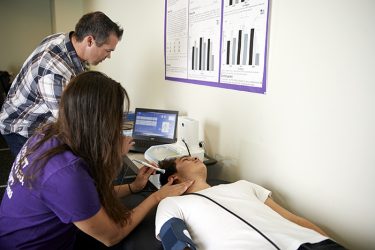
“The other is the appearance of food or smell of food, meaning, are you more likely to eat the food just because it smells good? Those that gained more weight were more likely just to eat the food simply because it’s there. They weren’t hungry.”
Stress eating, eating just because we see or smell food and snacking after dinner, “I found those to be very interesting to be the biggest predictors of the weight gain,” Forbes said.
While getting an academic paper published is always a positive thing for a researcher, Zeigler said what makes him just as happy is seeing his students' names included as co-authors right alongside his own. The co-authors for this study were Ford along with Brianna Lopez, Garret Pedersen, Jade Welty, Alyssa Deyo and Mikayla Kerekes.
“It’s very hard to have an undergraduate student have an opportunity to be an author on a published paper,” Zeigler said. “So they’re all co-authors on this, which is pretty cool.”
Forbes said this is one of the first research projects she has been involved in alongside Zeigler. She and her fellow students helped compile the questions, input them into Survey Monkey and made sure those questions were understandable since, as researchers, they weren’t there in person to explain the process. Forbes also got the opportunity to compile the study’s numerical values.
Although she was at home and busy finishing up the semester online, “I really wanted to get involved in this study to kind of bring awareness and support everyone. We’re all going through this at the same time. It’s such an uncertain time for all of us,” Forbes said.
The good news from the study is that these behaviors that predict weight gain can be changed.
“God has made everyone’s body different, so in these times and situation, we all may react differently. But it’s important to bring awareness to these predictors because they’re easily modifiable,” Forbes said.
We don’t need that Quarantine 15 to turn into the Quarantine 17, 18, 19 or more.
“We don’t want to be stressed, we know that,” Zeigler added. “But let’s work on how we handle the stress. Let’s move away from eating – let’s go exercise!”
GCU senior writer Lana Sweeten-Shults can be reached at lana.sweeten-shults@gcu.edu or at 602-639-7901.
****
Related content
GCU Today: GCU researchers – Don’t skip that day of exercise
GCU Today: GCU flexing a new health initiative
GCU Today: CSET professor scales weight loss conundrum






